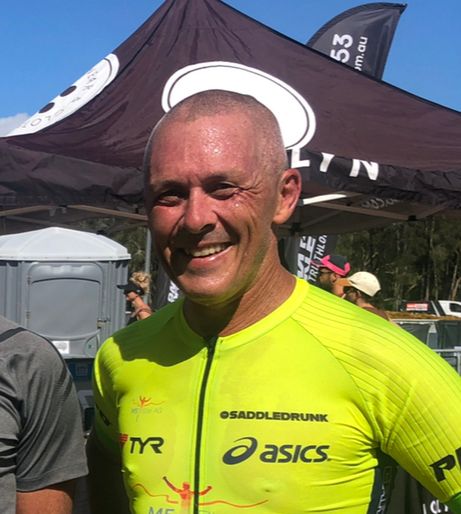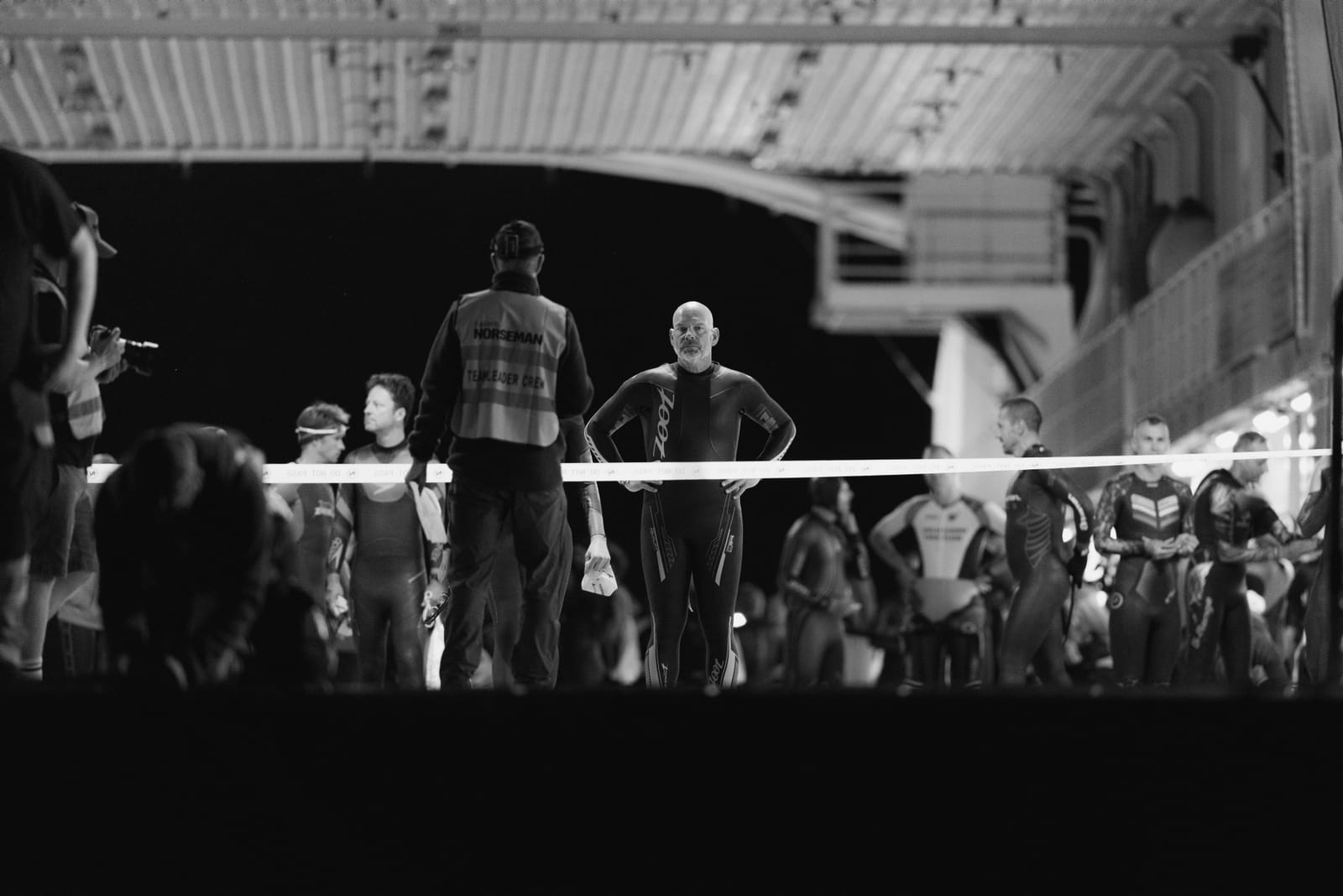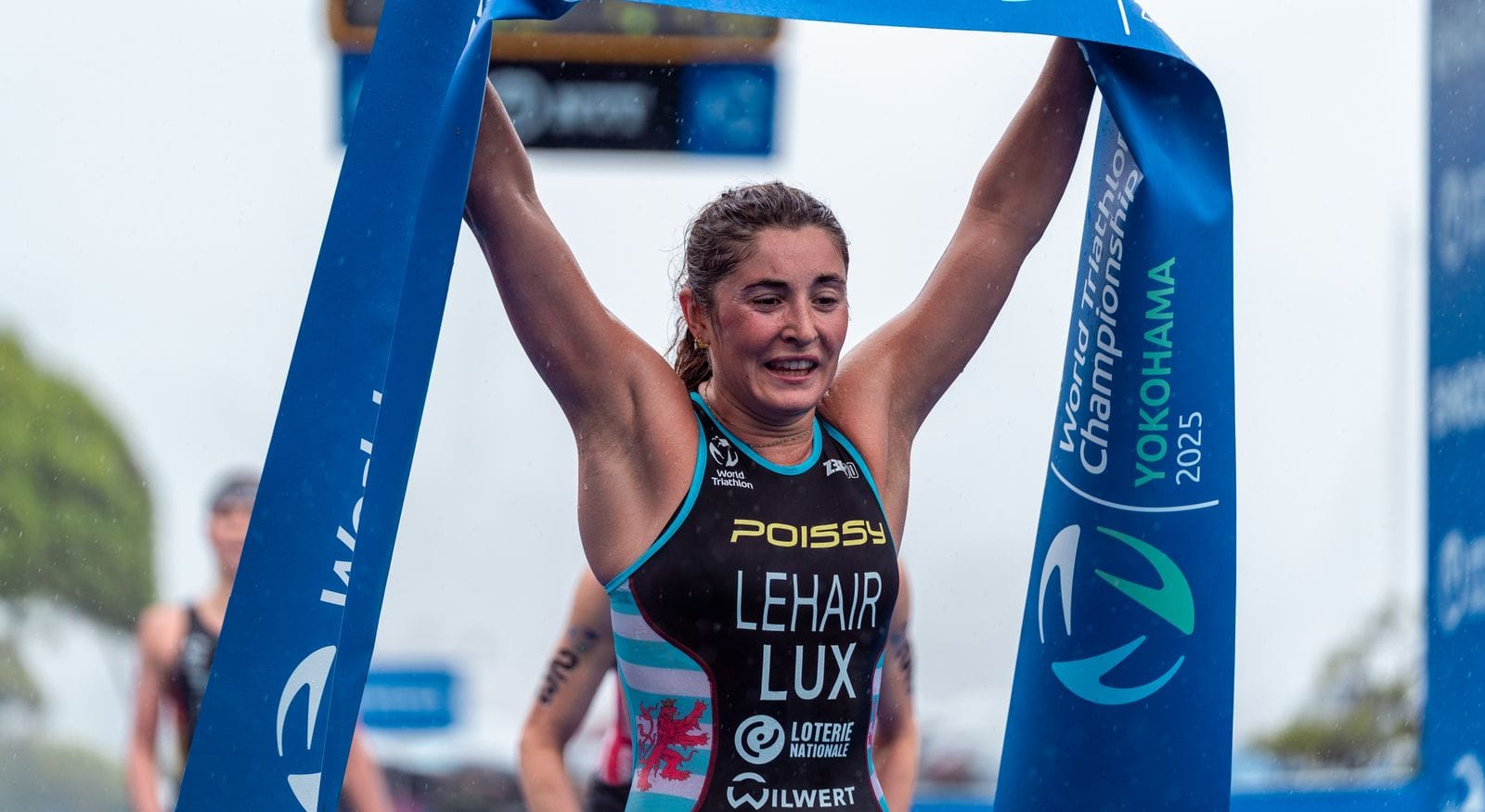I almost withheld this particular award. Let me explain. My thinking is that in order to win our award as a sports PERSON of the year, that athlete must transcend their sport, they must rewrite history within their own sport. It’s relatively easy to pick the best woman performer in each sport – track and field, you go with Blanka Vlasic; for tennis, it’s either Serena Williams or Caroline Wozniacki; for football, Marta of Brazil.
But to be an overall sports person of the year, you can’t just win against your rivals, you need to dominate them, move your sport forward a generation, change its history, and become “mainstream”. You can’t just be the best in your sport, you have to be one of the best in history A few years ago, for example, it might have been Annika Sorenstam, and then Lorena Ochoa, who dominated golf so completely that it moved women’s golf up a notch. Tennis players like Steffi Graf, Martina Navratilova did the same for their sport a few generations ago, and Paula Radcliffe (as we’ll see below) and Yelena Isinbayeva took women’s running and pole vault forward, respectively. On the men’s side, names like Federer, Woods, Nadal, Phelps, Bolt come to mind as athletes who have been so dominant and impressive that they are recognized not merely as tennis players, golfers or swimmers, but as sportspeople.
But women’s sport is relatively bare at the moment. We’ve spoken about track and field already, how difficult it is for women to stand out in history, when confronted with a doping legacy that makes setting records almost impossible. Tennis is in a peculiar state, with no one woman dominating, the world number one ranking resembling a carousel over the last three years. Ochoa and Sorenstam’s retirements have left a void yet to be filled in golf.
But then fortunately for me, one of you (thanks Gus) reminded me of Chrissie Wellington over on our Facebook page. I guiltily confess to having something of a “blind-spot” for Ironman distance triathlon, because we see so little of it on our TV over here in SA. Particularly Kona, which is not shown at all on SA television. However, Wellington’s is a name that has shot to prominence in the last few years, as a result of her Kona exploits (among others). 2010 is an anomaly – she didn’t even start in Kona this year, withdrawing on race day. However, that low moment was bookended by some astonishing performances, including a new Ironman event record to wrap up a dominant 2010.
And so Chrissie Wellington is a deserving winner of this award, which is as much an award for 2010 as it is a “lifetime (so far) achievement award”. What’s more, she provides a wonderful discussion of human performance and men vs women, and has clearly moved women’s ultra-triathlon forward.
Here’s why: Wellington’s records – the greatest ever, on the way
Ironman triathlon looked somewhat different before Wellington’s instant impact back in Kona in 2007. Having qualified for the Hawaii World Championships by winning the Ironman Korea event. She finished 7th overall in that race, something which was to become a regular occurrence in her Ironman career. In Kona, her impact was instant – a win in 9:08:45, including a sub-3 hour marathon. That was the second fastest run time in the event’s history, and one of the fastest overall times in many years – only Natascha Badmann’s 9:07:54 in 2002 had been quicker in the preceding ten years.
2008 and 2009 brought more of the same, and this time included outright records. There was the fastest run ever in Kona in 2008 (2:57:44), the fastest ever Ironman distance performance in 2009 (an 8:31:59 clocking in a non Ironman event), and a new Kona record in 2009 – 8:54:02, beating the record of Kona legend Paula Newby-Fraser (though second placed Mirinda Carfrae did break Wellington’s run record for the course).
Then came 2010. In July this year, she bettered her own Ironman distance record, this time with an 8:19:13 performance to finish 7th overall in Roth, Germany. This included records in both the bike leg (4:36:33) and the run leg (2:48:54), in what was possibly her most spectacular performance to date.
Kona came and went with a DNS as a result of illness, but the training did not go to waste, as Wellington then broke the record for an Ironman event, in the Ironman Arizona race, clocking 8:36:13. That race was, in her words, “her Kona”, and she ended the year with the definitive statement that she is the best Ironman triathlete in the world today, perhaps ever, with a career that may just surpass that of Newby Fraser. All told, she has six sub-9 hour performances, a record, and remains undefeated over the Ironman distance.
She has also been the catalyst for a new generation of female triathletes – already, Wellington’s run record in Kona was broken by Mirinda Carfrae in second place, who then won the Kona event in Wellington’s absence earlier this year. Carfrae’s winning time of 8:58:36 puts her within sight of Newby Fraser’s previous record, which had stood relatively unchallenged until 2009, and the battle between those two should provide for great entertainment (and profile for the sport) in the years to come.
Challenging the men – where is Wellington in the male vs female distance spectrum?
Wellington’s exploits produce the obvious comment that “she’s almost beating all the men”. I received a few emails discussing this and it’s a really interesting question to try to answer: Is Wellington unique among female distance/endurance athletes, someone with a real chance of matching the best men? It’s largely an irrelevant question, and Wellington’s performances shouldn’t really be compared to men’s performances. But whenever the gap is that narrow, one is almost compelled to ask it, and from a performance and physiological analysis point of view, it’s too good an invitation to pass up!
Wellington has rarely been outside the top 10 overall of her races – 7th in Roth, 7th in Korea, 8th in Arizona are just some of her performances. Her marathon times in some of her wins have been beaten by only a few men in those races. Only at Kona does she find herself outside the top 10 (22nd in 2009, for example).
And let’s face it – you don’t see this in marathon or track running. Even Paula Radcliffe’s world record places her only 473rd on the 2009 performance lists for men, and 3205th in history. The elite men are sufficiently “spread out” across the world’s top ten or so marathons that the first woman is usually in the top 20, but when comparing ‘like to like’, the women are well down.
So, is Wellington the greatest endurance athlete in the world?






